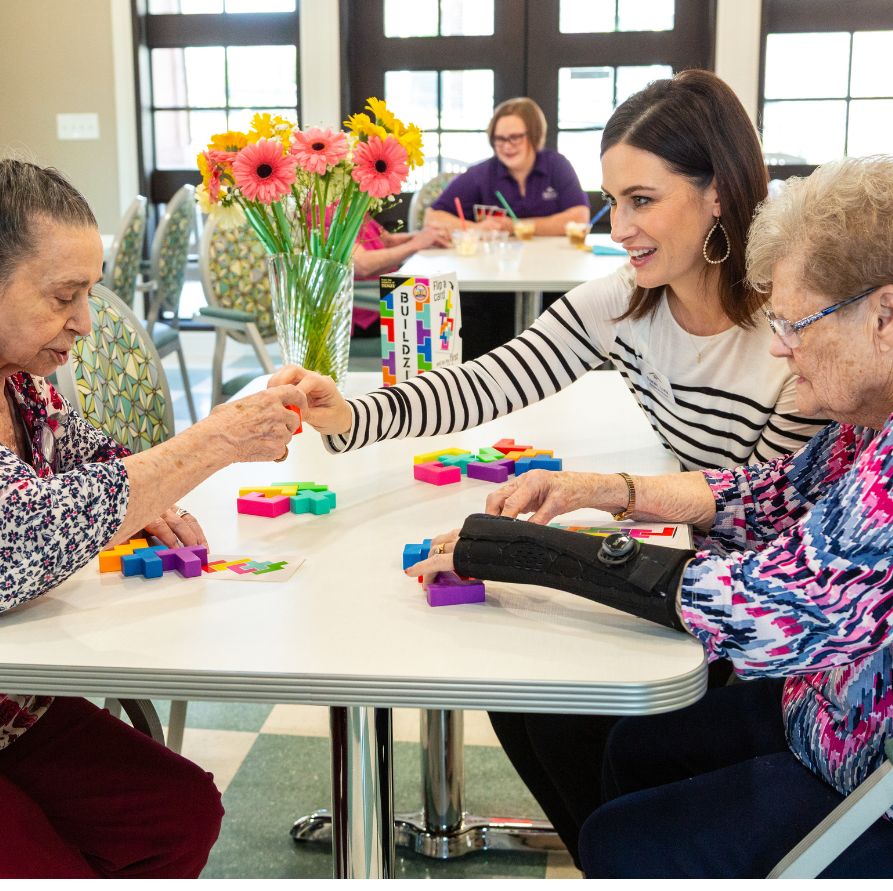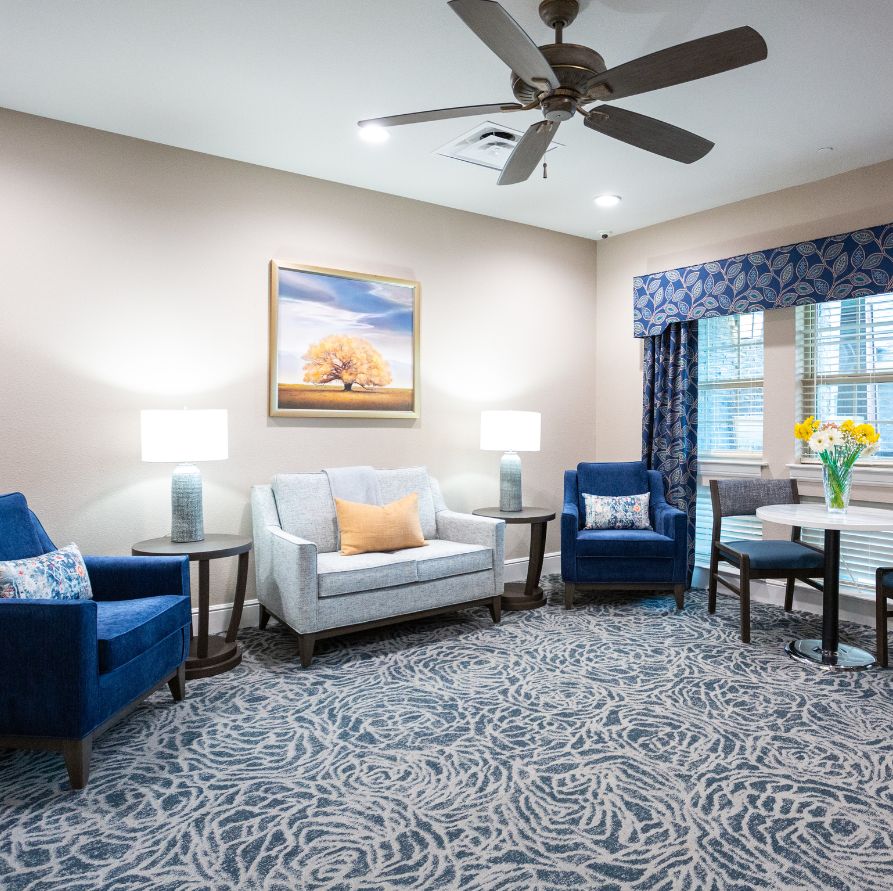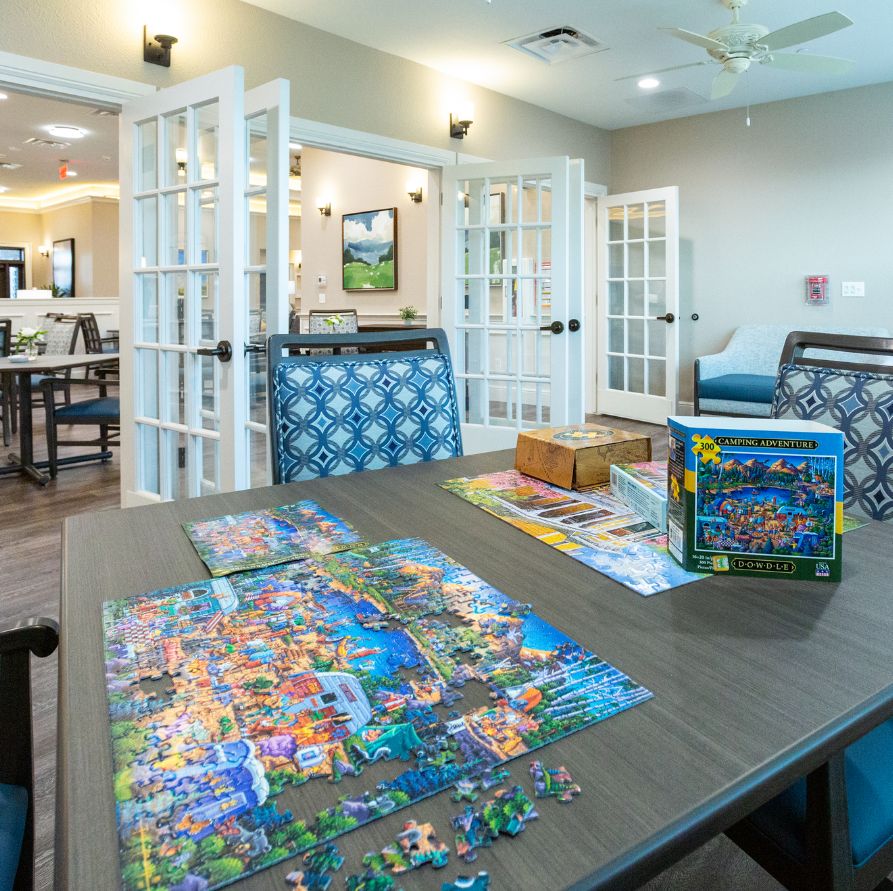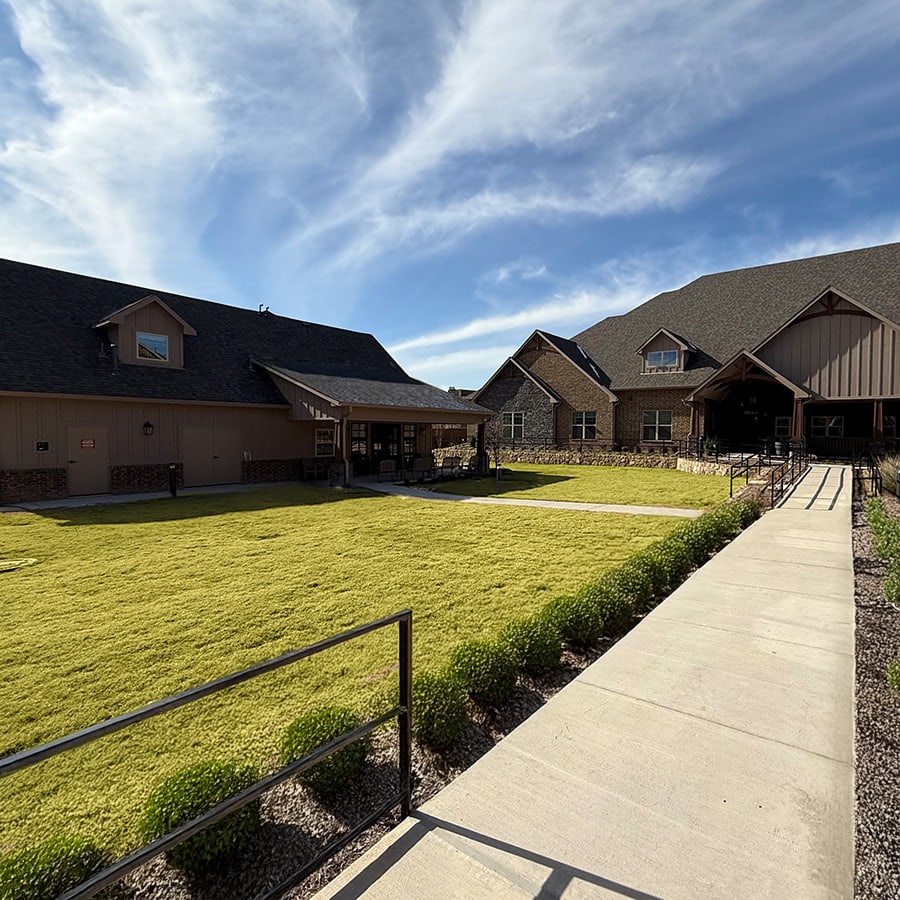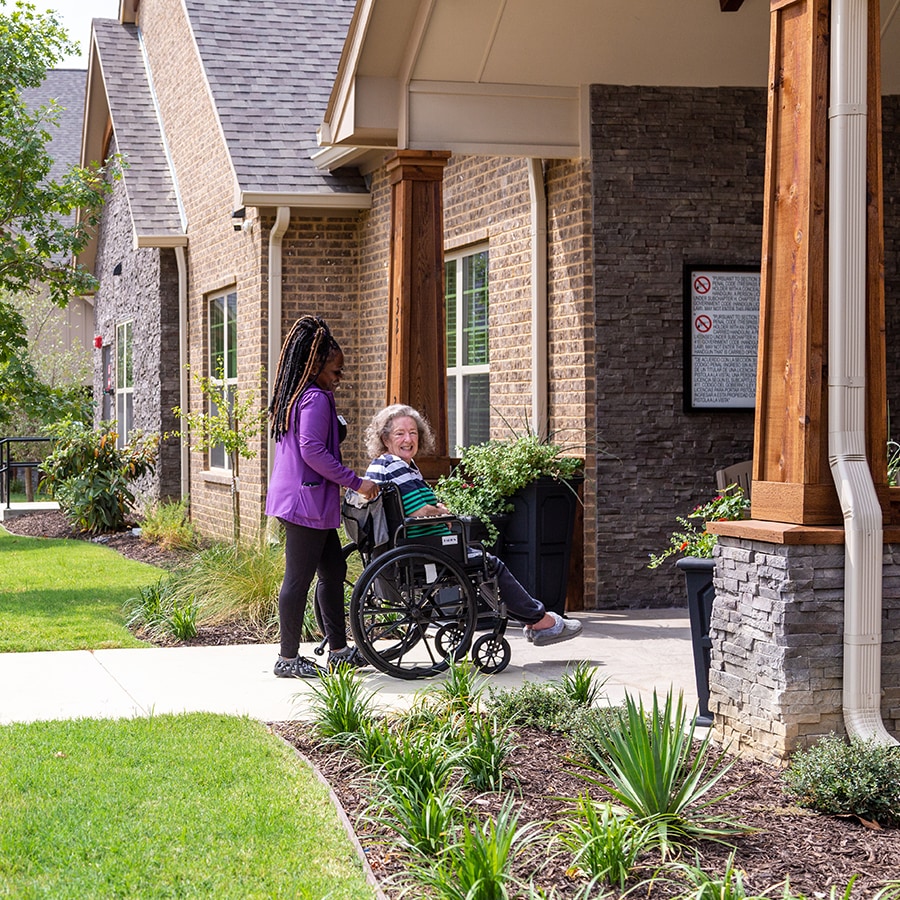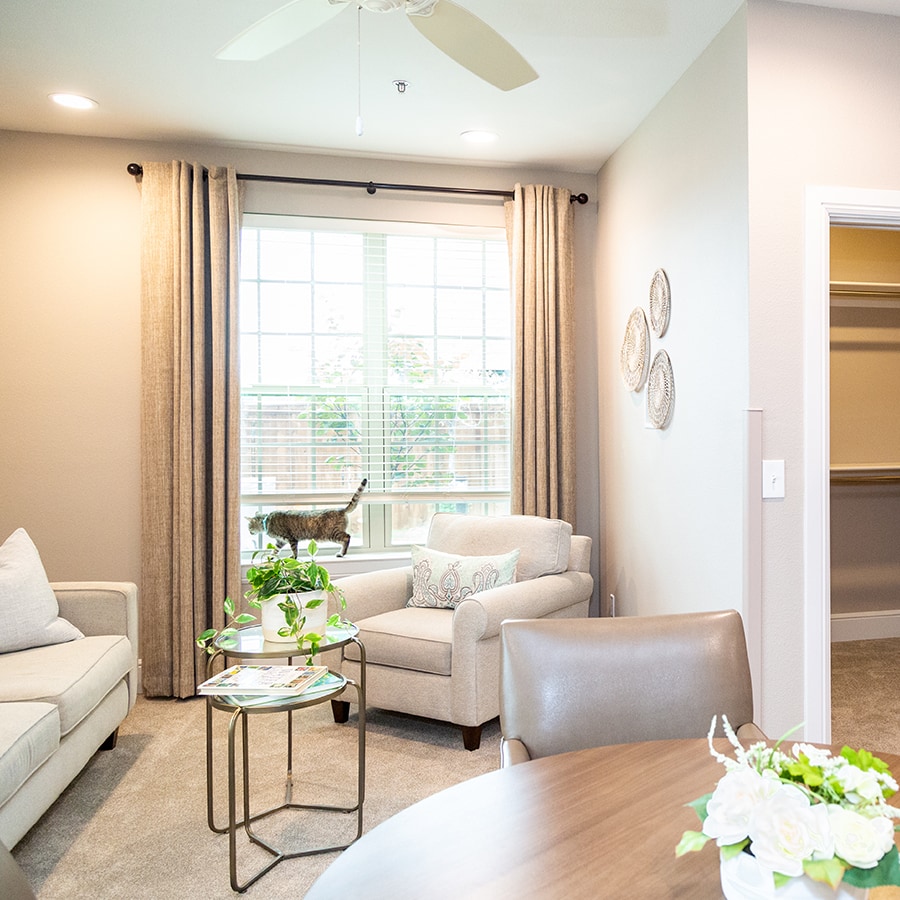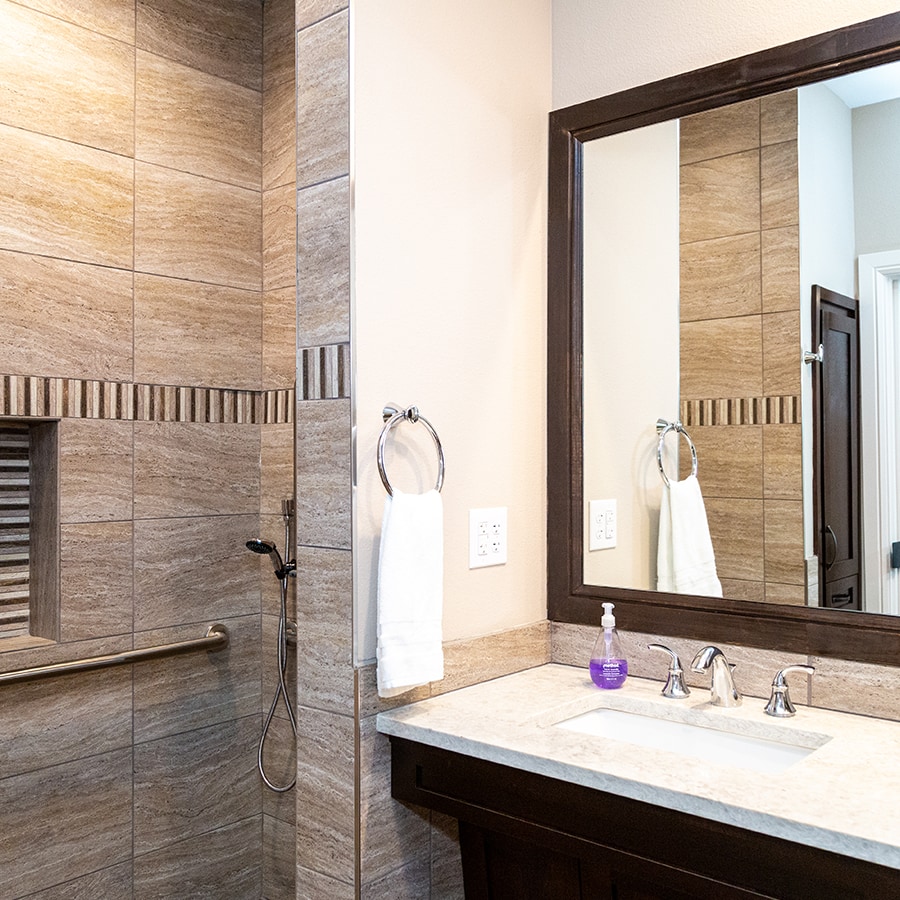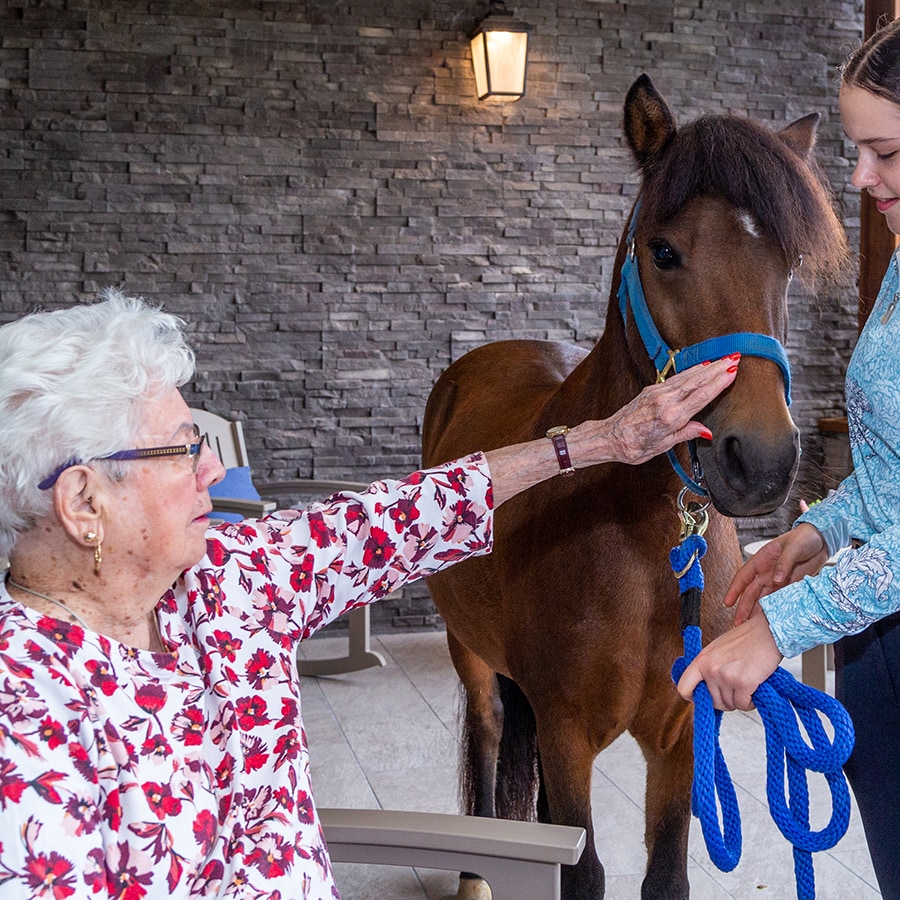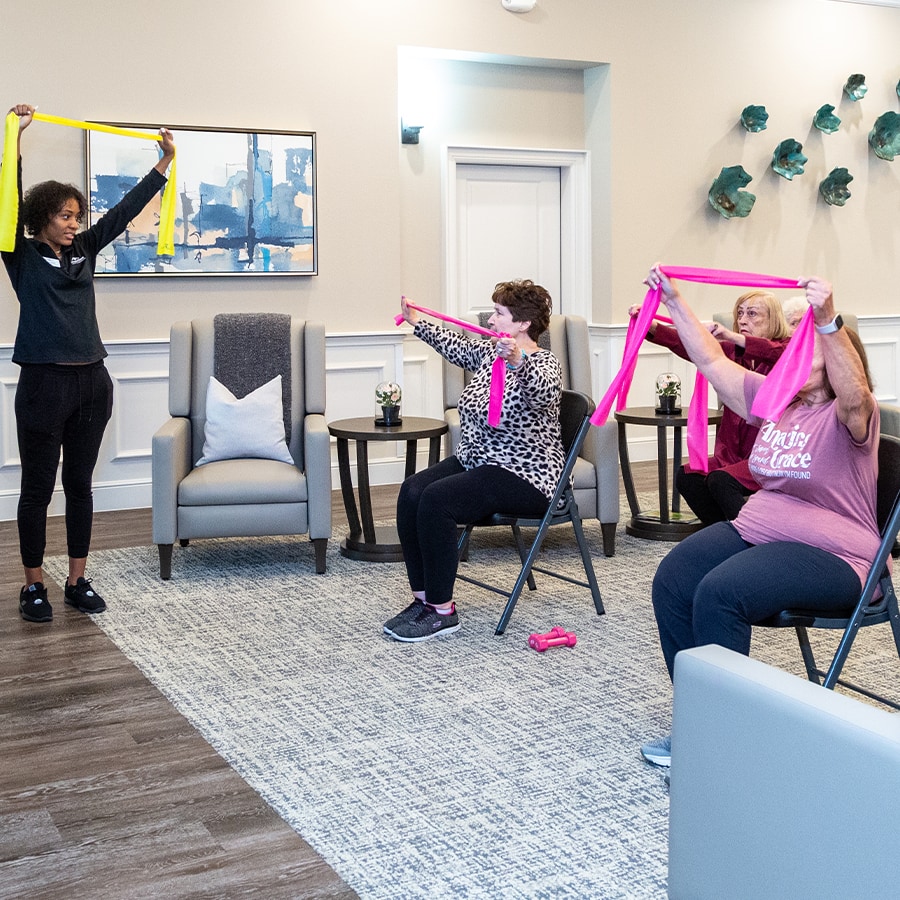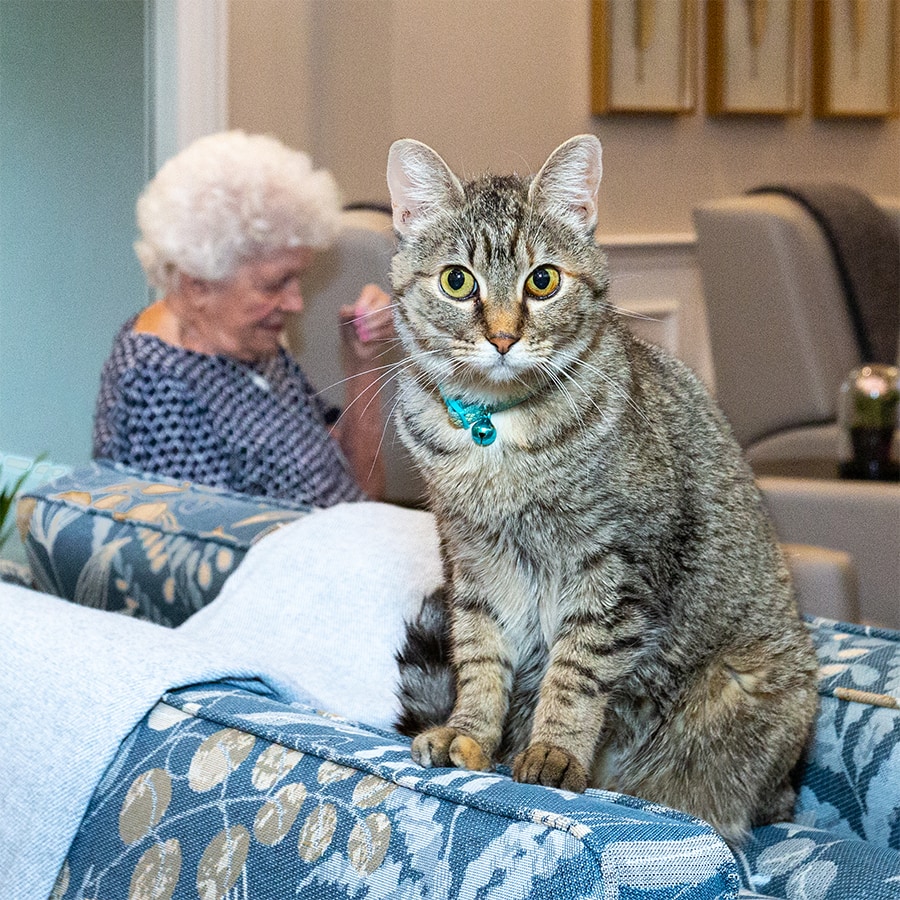Dealing with a family member who has dementia involves a host of intricacies, including managing their sleep schedule. It’s fairly common for those living with dementia to sleep excessively, even during the day. This can be troubling to those providing care, but is another side of dementia to be aware of and help your loved one manage.
Dementia and its associated medications can disrupt circadian rhythms and sleep patterns, which means those living with dementia might need to catch up with increased daytime rest.
In this blog, we delve into the root causes behind extended sleep in individuals with dementia. Our aim is to provide a clearer comprehension and effective management pointers about this particular facet of their caregiving journey.
Dementia & Sleep
The Connection Between Dementia & Sleep
Dementia refers to a set of cognitive conditions that notably affect memory, thought processes, and behavior, with Alzheimer’s disease being the most prevalent variant. An aspect of dementia that’s often overlooked is its influence on sleep habits. Gaining knowledge about this relationship is key to delivering exceptional care.
Biological Changes in the Brain
A significant driver behind why individuals with dementia tend to sleep more is due to the physiological shifts taking place within the brain. The brain’s management of our sleep and wakefulness patterns are impacted by dementia. The breakdown of brain cells can interfere with the generation of crucial neurotransmitters and hormones that govern sleep, resulting in augmented tiredness and an elevated necessity for sleep.
Medication Impact
Numerous individuals living with dementia are prescribed a variety of medicines to control their symptoms and handle concurrent health issues. Meds like antipsychotics, antidepressants, and tranquilizers can oftentimes prompt sleepiness, intensifying the individual’s need for rest. Talk to your doctor if you feel medications side effects may be too much.
Psychological Factors
Common psychological aspects in individuals with dementia, like depression and anxiety, might result in augmented sleep duration. These circumstances can substantially deplete one’s vitality, instigating feelings of exhaustion and necessitating more sleep for rejuvenation.
Daytime Napping & Nighttime Sleep
Daytime Napping
It’s not uncommon to find dementia patients catching some shut-eye during the day, a common strategy to deal with the often disrupted sleep they experience during nighttime. Factors like anxiety, confusion, and irregular sleep-wake cycles associated with dementia can disrupt their sleep. But an over-reliance on daytime naps may create a vicious circle of ineffective nighttime sleep and heightened drowsiness during the day, further disturbing sleep patterns.
Striking the right balance is essential, but promoting dynamic activities throughout the day, such as gentle physical workouts, social engagements, and intellectual challenges, can aid in minimizing the desire for daytime napping and foster improved sleep during the night.
The paramount contributions of caregivers and healthcare professionals are instrumental in crafting a daily regimen that underpins the physical and emotional wellness of individuals living with dementia, thereby fostering an enhanced quality of life.
Sundowning
The term ‘Sundowning syndrome’ refers to heightened restlessness, confusion, and agitation that typically sets in during the late afternoon and evening. This often seen in individuals suffering from dementia, and has a marked effect on their sleep routines. This disruption can, in turn, exacerbate cognitive decline and overall uneasiness.
The precise origin of sundowning syndrome remains somewhat of a mystery, though it’s speculated to be tied to variations in our internal body clock, tiredness, and diminished light conditions. As the day rolls on and sensory input declines, some specialists propose that this could heighten feelings of bewilderment and worry in those dealing with dementia.
The way to tackle sundowning syndrome is setting up a serene evening routine that could include activities that promote relaxation. Dimming the lights and reducing noise to a minimal threshold can be beneficial in fostering a peaceful atmosphere. It’s also vital to assure a cozy sleep setting, maintaining a regular bedtime and a setting that feels familiar.
By keeping up with everyday routines and basking in the daylight, it can help align their body’s internal clock, which could help to minimize the signs of sundowning syndrome.
Managing & Supporting Sleep Needs

Establish a Routine
Establishing a consistent daily regimen can aid in controlling the sleep cycles of patients with dementia. Consistent rise times, food consumption schedules, and sleep protocol lend solidity and assurance, offering solace and serving as a useful tool in handling sleep-related problems.
Encourage Physical Activity
Embarking on physical endeavors throughout the day can significantly diminish daytime lethargy and boost the quality of sleep at night. Engaging in modest activities such as walking, undertaking light workouts, or working in the garden could indeed make a substantial difference. To ensure these activities align with the patient’s health condition, it’s crucial to always seek advice from a healthcare expert.
Sleep Environment Monitoring & Adjustments
Ensuring a serene and secure sleep setting is imperative for cultivating high-quality sleep. Critical elements include a cozy mattress, optimal room temperature, and limited disturbance from noise and light. Nightlights could be a beneficial addition for those living with dementia, so they don’t feel quite so disoriented when they wake in the night.
Consult Healthcare Professionals
Should persistent oversleeping remain a concern, it’s crucial to engage with healthcare experts. They maintain the skills to examine prescribed drugs and check for any root health issues. Also, they can furnish personalized recommendations and treatments to address sleep concerns successfully.
The Path Leading To Memory Care
Grasping the reasons behind the prolonged sleep periods of dementia patients is pivotal for offering empathetic and efficient care. Acknowledging the physiological, mental, and situational elements leading to increased sleep helps caregivers, relatives, and medical experts to more effectively cater to the sleeping demands of those dealing with dementia.
Seeking personalized guidance in the management of dementia for a loved one? Engage the services of dementia care experts. Get in touch with Teresa’s House to deepen your understanding of dementia and memory care. By taking a step forward, you can greatly enhance both their quality of life and overall health.








